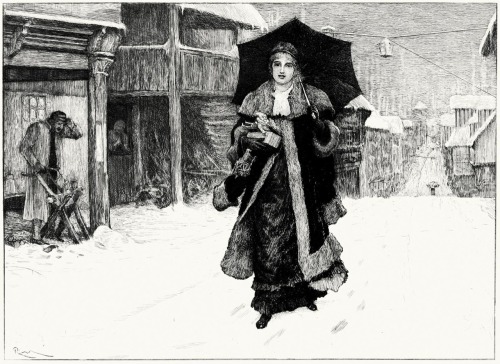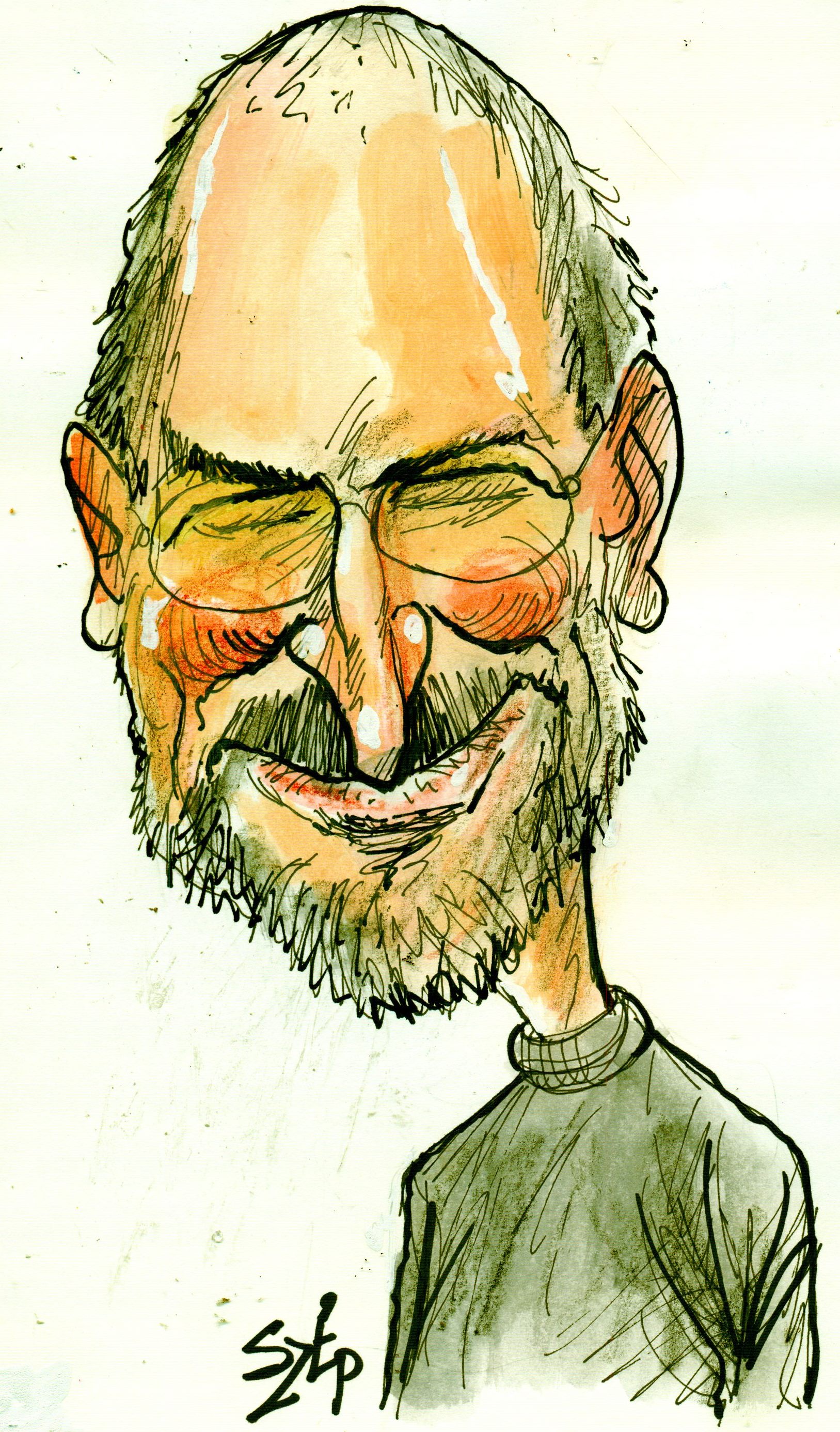Pushing his agenda for higher taxes on “the rich,” President Obama kicked off his December 6 speech in Kansas by saying his Kansas grandparents “shared the optimism of a nation that triumphed over the Great Depression.”
In fact, the 1929 stock market crash turned into the long-running Great Depression because the counterproductive soak-the-rich policies of the federal government hadn’t “triumphed” in reversing the downturn.








